As China Rises, What Game Is President Xi Jinping Playing?
During a late-March conference concerned with responding to China’s continued rise to global economic power, Western foreign policy and security experts sought to define the international statecraft being practiced by the country's leadership.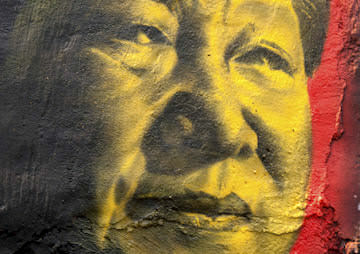 A portrait of Chinese President Xi Jinping. (Abode of Chaos / CC BY 2.0)
A portrait of Chinese President Xi Jinping. (Abode of Chaos / CC BY 2.0)
During a late-March conference concerned with developing a strategic response to China’s continued rise to global economic power, Western foreign policy and security experts sought to define the international statecraft being practiced by the country’s leadership.
The conference, held by the Carnegie Endowment, was attended by foreign affairs commentator for The Guardian Natalie Nougayrede.
Nougayrede cited former Australian Prime Minister Kevin Rudd’s framing of Chinese President Xi Jinping’s goals and concerns.
First, in the face of “endemic corruption … concerns about China’s ability to maintain strong growth” and rising “pollution levels that can provoke public outrage,” Xi wants to maintain the central authority of the Chinese Communist Party.
Second, “Xi wants to re-gear China’s economy from an old (export-led) economic model to a new (domestic consumption-led) model. … a huge task, especially when growth rates are slowing down.”
Third, “China wants to continue to seize what its official lexicon calls a ‘strategic opportunity’ to increase its global influence.” This requires a commitment by China to lower tensions between Asian nations.
Nougayrede continued:
The bottom line is that China has embarked on a new level of global activism. It has overtaken the United States as the world’s leading trade power. Today 123 countries in the world have China as their leading trading partner, while the US can count only 64. China is on the lookout for investment opportunities that aren’t just US treasury bonds. It wants to challenge the mighty dollar, and its currency, the renminbi, now accounts for 15% of global trade transactions. …
China sees the US as trying to oppose its growing international status. Its success with the Asian Investment Bank is a clear sign of the power of its huge currency reserves. But it would be a mistake to think that China believes the US is in decline. China’s demographic trends aren’t so good, and its military power and innovation capabilities are nowhere near as strong as America’s. Xi’s perception is that US power will continue through the 21st century, which means that common dialogue must somehow be found through creative diplomacy. Last November’s joint US-China statement on climate change fitted that picture.
None of this means there will be much trust in the air. China has a 2,500-year history of strategic thinking driven by a deep distrust of external players. Don’t expect a People’s Daily front page proclaiming a new era of Chinese openness towards the west. Nor should Vladimir Putin’s Russia think that it will find an amenable partner in Xi’s China if it continues to turn its back on Europe. China sees Russia as a declining power that can eventually be transformed into an economic colony – reduced to the role of oil and gas provider. China believes it can make strategic gains if Europe and Russia continue to clash.
Read more here.
— Posted by Alexander Reed Kelly.
Dig, Root, GrowThis year, we’re all on shaky ground, and the need for independent journalism has never been greater. A new administration is openly attacking free press — and the stakes couldn’t be higher.
Your support is more than a donation. It helps us dig deeper into hidden truths, root out corruption and misinformation, and grow an informed, resilient community.
Independent journalism like Truthdig doesn't just report the news — it helps cultivate a better future.
Your tax-deductible gift powers fearless reporting and uncompromising analysis. Together, we can protect democracy and expose the stories that must be told.
This spring, stand with our journalists.
Dig. Root. Grow. Cultivate a better future.
Donate today.

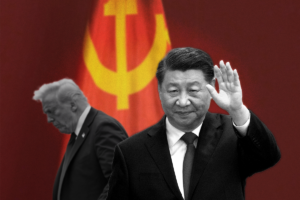
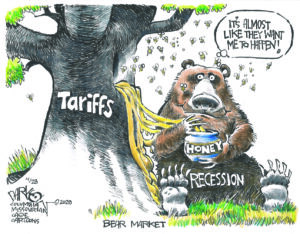
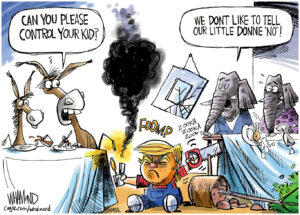

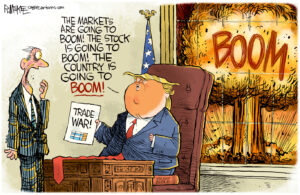
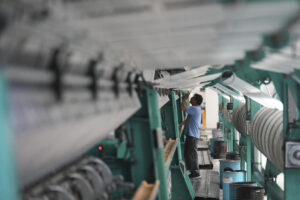

You need to be a supporter to comment.
There are currently no responses to this article.
Be the first to respond.